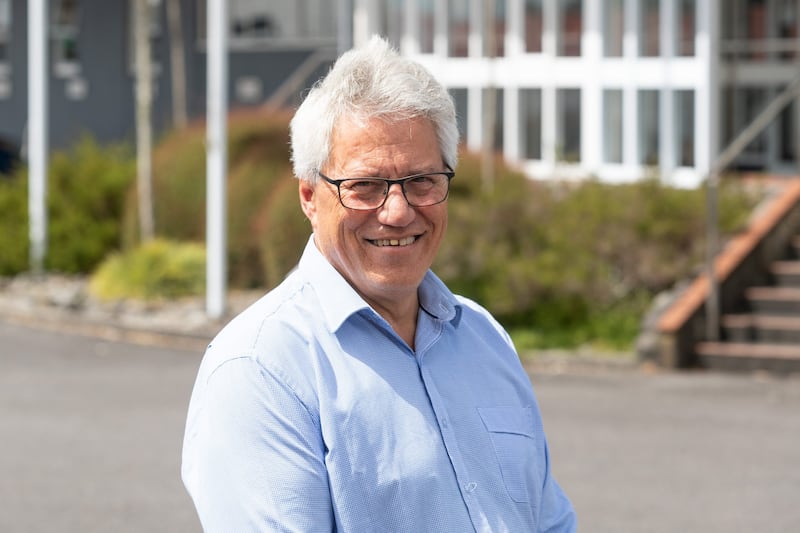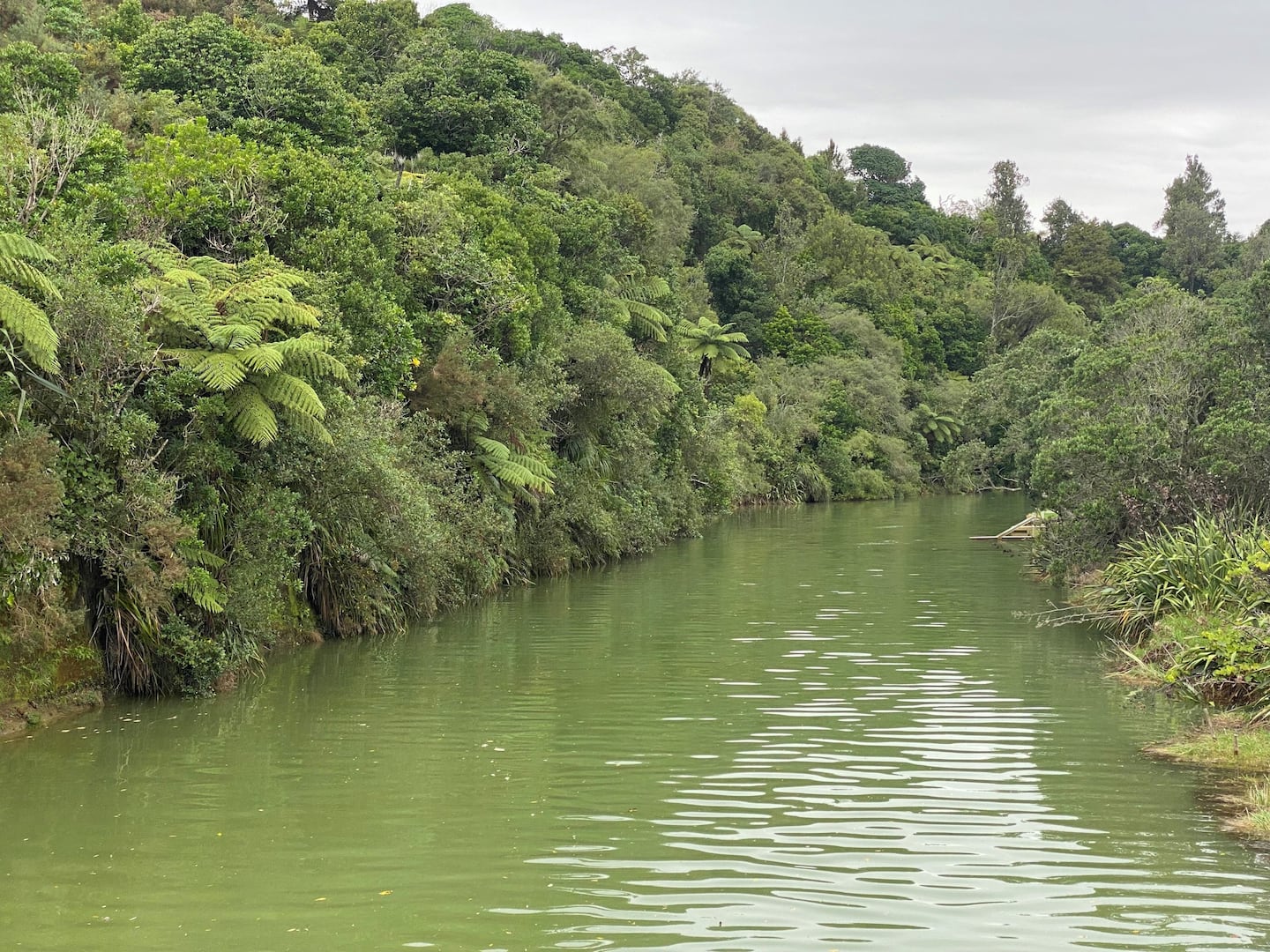Removing Te Mana o te Wai from resource consenting to favour economic development might backfire and make consents more difficult and expensive, the council in charge of Taranaki’s rivers has warned the Government.
The Government has pledged to overturn freshwater regulations for easier development and National’s coalition deal includes Act’s policy to “rebalance Te Mana o te Wai to better reflect the interests of all water users.”
Taranaki Regional Council has declared its opposition to the move, saying Te Mana o te Wai rules already include a ‘hierarchy of obligations’ which requires environmental improvements to be balanced against economic matters.
The Government believes consents are being declined and loaded with unreasonable costs, so has removed the hierarchy of obligations from resource consenting under its proposed law changes.
The hierarchy makes the health and well-being of waterways the top priority, with human health needs second, and economic, cultural and social uses third.
Without the hierarchy spelling out the need for balance, Te Mana o te Wai could be interpreted in a more black and white manner, the council argued in its submission on the Resource Management (Freshwater and Other Matters) Amendment Bill.
“By removing the hierarchy, [economic well-being] will no longer be at the forefront of decision-makers’ minds,” said the council submission.
“Nor will they have a practical, structured process to guide how to interpret Te Mana o te Wai.”
Strategy lead Finbar Kiddle told councillors Te Mana o te Wai rules also include a ‘high-level description’ and ‘six principles’ which – along with the hierarchy of obligations – form three legs of a stool.
On top of that stool is the National Policy Statement on Freshwater Management, which guides councils on how to manage their waterways, Kiddle said.
“And what the Government is proposing to do is just knock out one of those legs.”
“By knocking out that leg, the risk is that everything falls in the complete opposite direction than the Government wants.”
Kiddle said at best the ambiguity would lead to costly legal cases. At worst, it risked turning a perceived problem – that Te Mana o te Wai doesn’t provide for economic matters – into a real one.
The proposed law also removes existing social and cultural well-being priorities from resource consent decisions.
“Accordingly, the Council does not support the proposal to remove the application of the hierarchy of obligations to resource consents,” the TRC submission said.
“For the avoidance of doubt, we also do not support removing… the full concept of Te Mana o te Wai from resource consent decision making. This would create even more problems.”
Te Mana o te Wai – an idea introduced by John Key’s Government in 2014 – was beefed up by the Labour-led Government in 2017 to include the hierarchy of obligations.
Councils must protect the mauri or life force of waterways and actively involve tangata whenua in making freshwater decisions, policies and plans.
TRC’s first Māori constituency councillor Bonita Bigham said hard-won gains for Māori perspectives were under attack.

“The kōrero I’m hearing from everyone here, from iwi members, from whānau around the country is that this looks to be again a swipe of this Government, to try and sweep aside anything to do with te ao Māori terminology, politics, language, words, etcetera.
“No evidence to the contrary has been presented that actually upholds the claims of the Government or the people lobbying [for this].”
The council’s chief executive Steve Ruru told councillors such concerns were widespread and made clear at the select committee hearing on the Bill.

“Te Mana te Wai was pushed quite strongly from the National Iwi Chairs Forum and their representative… raised the importance of the hierarchy.”
Kiddle confirmed government officials found no proof of a problem.
He said the Ministry for the Environment reviewed resource consents featuring the hierarchy of obligations and found no evidence of consents being declined without regard to economic matters.
The Ministry’s Supplementary Analysis Report found most consents were granted as people showed their application met the hierarchy of obligations.
Decisions to decline two consents referenced the hierarchy but the Ministry noted both would probably have been turned down anyway.
Kiddle said the leading interpretation was stated by this year’s Freshwater Hearings Panel on the Otago Regional Policy Statement, which explained that Te Mana o te Wai “envisages that waters may be in a degraded state, and if so they should be restored and protected in a state closer to the natural setting.
“However, that is not an absolute requirement… Nor is it an expectation of communities that freshwater will be restored to a natural state in all places, at all costs.”
LDR is local body journalism co-funded by RNZ and NZ On Air



